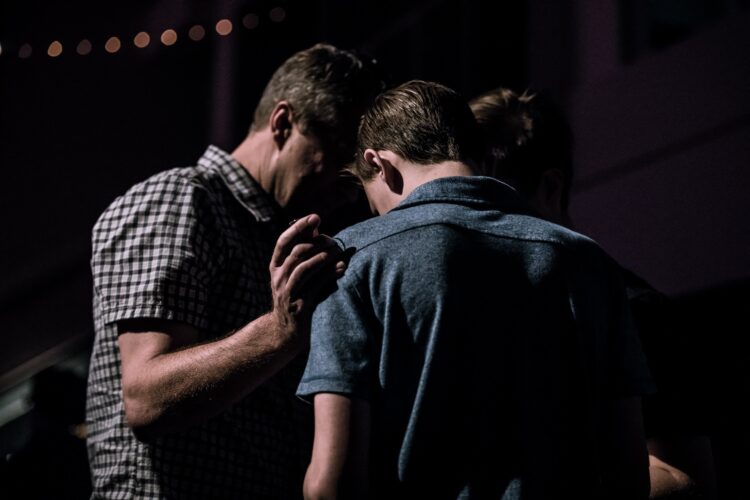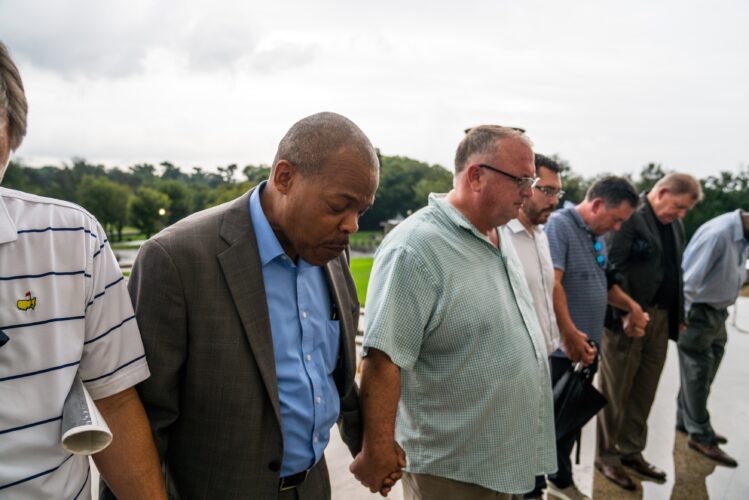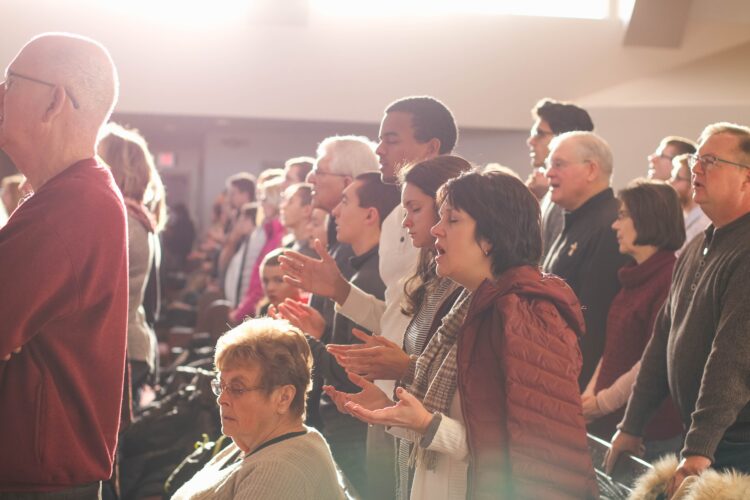We again summarize the keys to the second coming of Yeshua. They are revival and passion for Yeshua, unity, world missions and evangelism, making Israel jealous and a leadership that is passionate for the other four. The other issues of eschatology are less important than these five pillars. If one believes and acts on the basis of these five and is passionate about the Messiah’s return, then this would be sufficient. However, God wants us to have more understanding of what we will face at the end of this Age. In the Bible, the last days began with the coming of Yeshua. The Kingdom of God has broken into this age and is in partial manifestation in communities of the Kingdom, in the preaching of the Gospel with signs and wonders that show the Kingdom and in influencing societies with biblical principles. However, this partial Kingdom reality leads to the last of the last days with events that lead to the second coming of Yeshua. The Bible indicates that before the return of Yeshua, there will be a time of judgment on the earth and difficult times for Yeshua’s followers. The prophets call this the Day of the Lord, where God comes in judgment on the nations, but ultimate rescue for his people. But until that rescue, we are sometimes called to suffer for his sake.
The five pillars view does not fit with the idea that the Church will gradually take over the world and rule it without the cataclysmic intervention at the second coming of Yeshua. This view is known as the radical Kingdom now view and also Post Millennialism. There are two versions. One is that the Church will gradually take over, then rule the world for 1000 years and then Yeshua will return after a last rebellion after the Millennium. The variation is that the Church basically takes over and then Yeshua returns and is here with us for the rule of the Age to come. Sometimes the millennium is seen as symbolic of this church age and sometimes it is the Age where we rule with him for 1000 years after the takeover. No wonder people are confused. The New Testament does not support these views. Rather, it says that Yeshua’s return will be after a time of trial and that the man of sin, the Anti-Christ will be first revealed. (II Thes. 2)
Five Pillars theology thus best fits with the idea that there will be a great tribulation in the future, but that the Church will be growing and gaining a harvest and completing its work in this age. The time of persecution and trial may be one element in unifying the Church.
The Five Pillar view does not fit well with the idea of Yeshua bringing the rapture of the saints and the resurrection seven years before He returns to the earth (the pre-tribulation rapture). This is because the rapture and resurrection take place on the basis of the Church completing its mission of world evangelism and making Israel jealous. This is connected to unity that leads to the world believing and that we are with him where he is. (John 17:21 ff.) It is tied to us attaining the fullness of the stature of the Messiah. Then He comes and fivefold leadership has completed its work in this age. We have to be here to make Israel jealous and for them to call on Yeshua. So this leads to a post-tribulation rapture view or at least a rapture near the very end of that period.
So the Five Pillar view has room for the difficulties of the last days as we read in Isaiah,25, 26, Joel 3, Ezekiel 38, 39, Daniel 11, 12, Matthew 24, Mark 13, Luke 21, II Thes. 2 and the Book of Revelation. The Church will pass through a Passover trial and an exodus into glory.
In addition, the Five Pillar view is very compatible with the prophecies of Israel returning to the Land and in Ezekiel 36, in unbelief. This actually sets up a situation which makes national repentance and turning to Yeshua much more feasible, even imaginable, since there will be one center in Jerusalem for Israel and Jewry in the Diaspora.
The Five Pillar view is a victorious eschatology but not a utopian idea of take over before he returns (postmillennialism) This leaves two other views of the interpretation of the millennium. The ones still left are the a-millennial view and the pre-millennial view. The a-millennial view usually sees the millennium as symbolic of the church age or of the saints ruling during this age from heaven. The pre-millennial view sees one more age in history, on this earth, the seventh age as taught in Judaism and only after that one thousand years do we enter into the new heavens and earth. Historically, Amillennialists did not have a place for the restoration of the nation of Israel to their Land and the ultimate salvation of the Jewish people. They tended to be replacement theology. But there are several examples of a-millennialists that did see ethnic Israel saved in the end and even a return to their land. Some even said that the promises to Israel would be fulfilled in the “letter or in the better.” For these people, the next state after Yeshua’s return is the fullness of the New Heavens and the Earth (Rev. 21). All are in their resurrected/translated state.
The Pre-Millennialist argue that one more stage before the New Heavens and earth is taught in the prophets. That in that Age that people would live a very long time without pre-mature death. They will marry and have children in a glorious age of peace. Also, Israel and the Church would rule the nations, who are not in resurrected form yet. Israel’s place in the Land and the description of the nations in the prophets better fits a Premillennial view. I agree with this argument.









